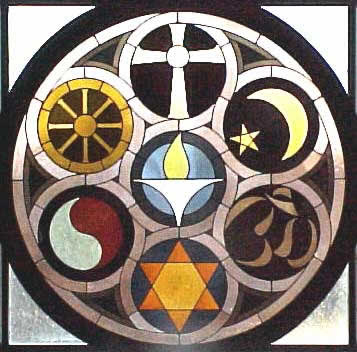“Anger is like gasoline. If you spray it around and somebody lights a match, you’ve got an inferno. [But] if we can put our anger inside an engine, it can drive us forward.”
How do you deal with a bully without becoming a thug? In this wise and soulful talk, peace activist Scilla Elworthy maps out the skills we need — as nations and individuals — to fight extreme force without using force in return. To answer the question of why and how non-violence works, she evokes historical heroes — Aung San Suu Kyi, Mahatma Gandhi, Nelson Mandela — and the personal philosophies that powered their peaceful protests. (Filmed at TEDxExeter.)
Scilla Elworthy founded Oxford Research Group in 1982, to promote effective dialogue between nuclear weapons policy-makers and their opponents.
When Scilla Elworthy was 13, she sat in front of her television set watching as Soviet tanks rolled into Budapest. Immediately she started packing her bags. “What are you doing?” her mother said. “I’m going to Budapest,” she said. “They’re doing something awful and I have to go.” Years later, Elworthy is a three-time Nobel Peace Prize nominee and a recipient of the Niwano Peace Prize. In 2002 Elworthy founded Peace Direct, which supports local action against conflict, and in 1982 founded Oxford Research Group, a think-tank devoted to developing effective dialogue between nuclear weapons policy-makers and their critics. Beginning in 2005 she helped set up The Elders initiative as an adviser to Sir Richard Branson, Peter Gabriel and Archbishop Desmond Tutu.
-0-
TAGS; peace, peace-makers, great peace-makers, Scilla Elworthy, non-violence, non-violent communication, force, violence, anger, overcoming anger, meditation, peace activist, peace activism, dialogue, The Elders, Richard Branson, Peter Gabriel, Desmond Tutu, reconciliation, conflict, conflict resolution, Aung San Suu Kyi, Mahatma Gandhi, Nelson Mandela, protest, peaceful protest, bullying, disarmament, meditation, courage under fire, self-knowledge, Quakers, Friends,



